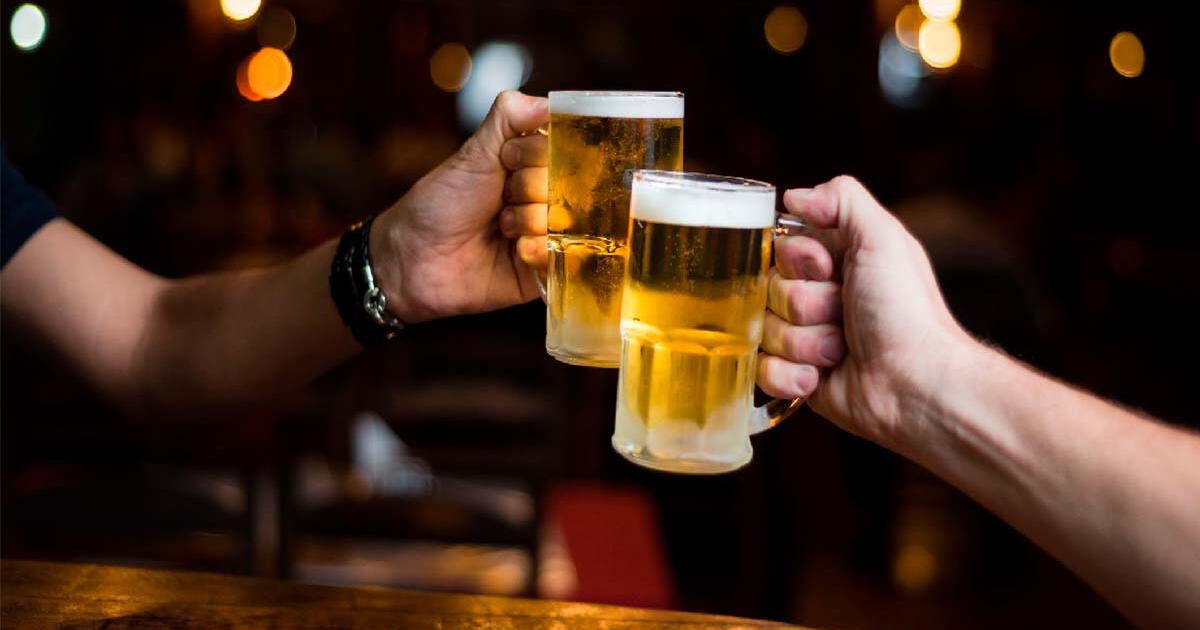Beer
Beer is one of the most popular alcoholic beverages among Peruvians; it is always present in any activity such as concerts, parties, and restaurants. However, there are some slang terms that are used daily to go out drinking this beverage with friends or family. Do you know their meanings?

YOU CAN SEE: Why is Inca Kola in a glass bottle tastier than in plastic?
According to a study by the Association of Beer Distributors for Small and Medium Businesses in Lima, Peruvians consume an average of 129 cans of 355 ml of beer, 'chela' or 'rubia' as it is called in different parts, per year.
"The per capita consumption of beer, according to a recent study by Euromonitor International, is 46 liters per year. With the economic reactivation, the consumption of Peruvian beer has returned to its previous figures," said a representative to Ojo.
What are the Peruvian slang terms for going out for a beer?
Due to its popularity among Peruvians, they have created a large number of slang terms to sound friendly when inviting a family member or friend to drink beer while discussing some common topics.
- "¿Unas helenas?": the term "helenas" refers to the habit of drinking ice-cold beer.
- "¿Unas che'?": it is a shortened version of the word 'chela', and it is one of the most popular in colloquial language.
- "Ya me dio sed": a clear reference to having a few drinks with friends, using the excuse of thirst or hot weather.
- "Habla, ¿un par?": in city bars, bottles are usually served in pairs.
- "Habla, ¿unas chelas?": this is the most popular form in colloquial language.
- "Un par de rubias al polo": the word "rubia" is related to the color of the alcoholic beverage, and "polo" refers to it being ice-cold.
- "¿Unas aguas?": it is the simplest way to refer to beers.
- "¿Cuándo unas chilindrinas?": it is an alteration of the word 'chela', accompanied by a question that serves as affirmation.
When is International Beer Day celebrated?
International Beer Day is celebrated every August 4th, where people gather to enjoy one of the oldest fermented beverages in history. This celebration originated in California.
For more information visit Libero.pe

